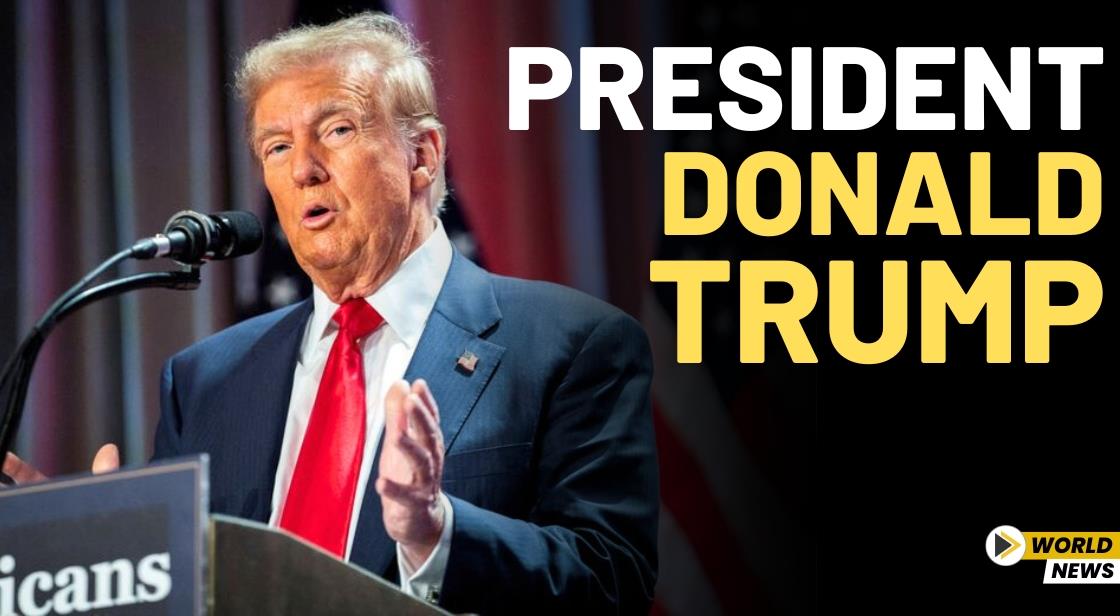Federal Judge Halts Trump’s Order on Birthright Citizenship, Declares it 'Unconstitutional

Podcast
News Synopsis
A federal judge in Seattle has temporarily blocked President Donald Trump’s controversial executive order that sought to end birthright citizenship, describing it as “blatantly unconstitutional.” This development comes amid significant legal challenges and public outcry over the implications of the order.
Judge John Coughenour, who was appointed by former President Ronald Reagan, issued a temporary restraining order (TRO) in response to a lawsuit filed by Washington Attorney General Nick Brown and three other Democratic-led states. The restraining order, effective for 14 days, halts the policy to allow further legal arguments.
Judge Coughenour’s Sharp Criticism
In a statement, Judge Coughenour expressed his astonishment at the legitimacy of the executive order. “I have been on the bench for over four decades. I can’t recall a case where the legal question was so unequivocal,” he remarked, questioning the legal advisors behind the order. “Where were the lawyers?” he added, labeling the constitutionality of the order “mind-boggling.”
Legal Arguments and Concerns Over the 14th Amendment
The lawsuit challenges the executive order’s compatibility with the 14th Amendment, which guarantees citizenship to all children born in the United States who are “subject to the jurisdiction thereof.” Washington state's attorney, Lane Polozola, emphasized the severe implications of the policy, stating, “Babies are being born today under a cloud of uncertainty about their citizenship.” Polozola also warned of “long-term substantial negative impacts” on affected children and the financial strain on state programs.
On the other hand, the President Donald Trump administration defended the executive order, arguing that the 14th Amendment’s jurisdiction clause grants the president authority to exclude children of undocumented immigrants and non-permanent residents. Brett Shumate, a Justice Department attorney, urged the court not to make a “snap judgment” on the matter, requesting more time to present additional arguments.
Trump Administration’s Response and Future Legal Proceedings
Despite the restraining order, Trump has indicated his administration’s intent to contest the decision. The policy has already triggered multiple lawsuits, with cases filed by immigrant rights organizations, Democratic attorneys general, and individual plaintiffs.
In a separate case in Maryland, Justice Department attorney Brad Rosenberg acknowledged that federal agencies had not yet begun enforcing the executive order. Rosenberg stated, “The executive order was issued three days ago during a time of transition between administrations.” He further explained that agencies required time to develop implementation policies.
Upcoming court hearings will play a critical role in determining the policy's fate. A hearing scheduled in Maryland on February 5 will address whether to temporarily block the order. Similarly, a New Hampshire federal court will hear arguments on February 10 to consider a preliminary injunction sought by civil rights and immigration groups.
Broader Implications of the Executive Order
The temporary block highlights the contentious nature of Trump’s proposed policy and its potential impact on immigrant communities, state programs, and the broader legal landscape. Legal experts have called the executive order a direct challenge to long-standing constitutional principles, specifically the birthright citizenship clause under the 14th Amendment. The legal battles surrounding the issue will likely set significant precedents for future immigration policies.
Conclusion: Upholding Constitutional Protections Amid Controversy
The federal court’s temporary restraining order on Donald Trump’s executive order to end birthright citizenship underscores the ongoing legal and constitutional debates surrounding immigration policies in the United States. Judge Coughenour’s ruling, emphasizing the protection guaranteed under the 14th Amendment, reflects the judiciary’s role in safeguarding constitutional rights against executive overreach.
While the Trump administration remains determined to challenge the ruling, the growing number of lawsuits from state governments, civil rights groups, and individual plaintiffs highlights the widespread opposition to the policy. As hearings continue in Maryland and New Hampshire, the ultimate resolution of this issue will have far-reaching implications for immigration, constitutional law, and the future of citizenship in the U.S.
In the midst of these legal battles, the decision serves as a reminder of the importance of checks and balances in a democratic system, ensuring that fundamental rights are upheld regardless of political pressures.





